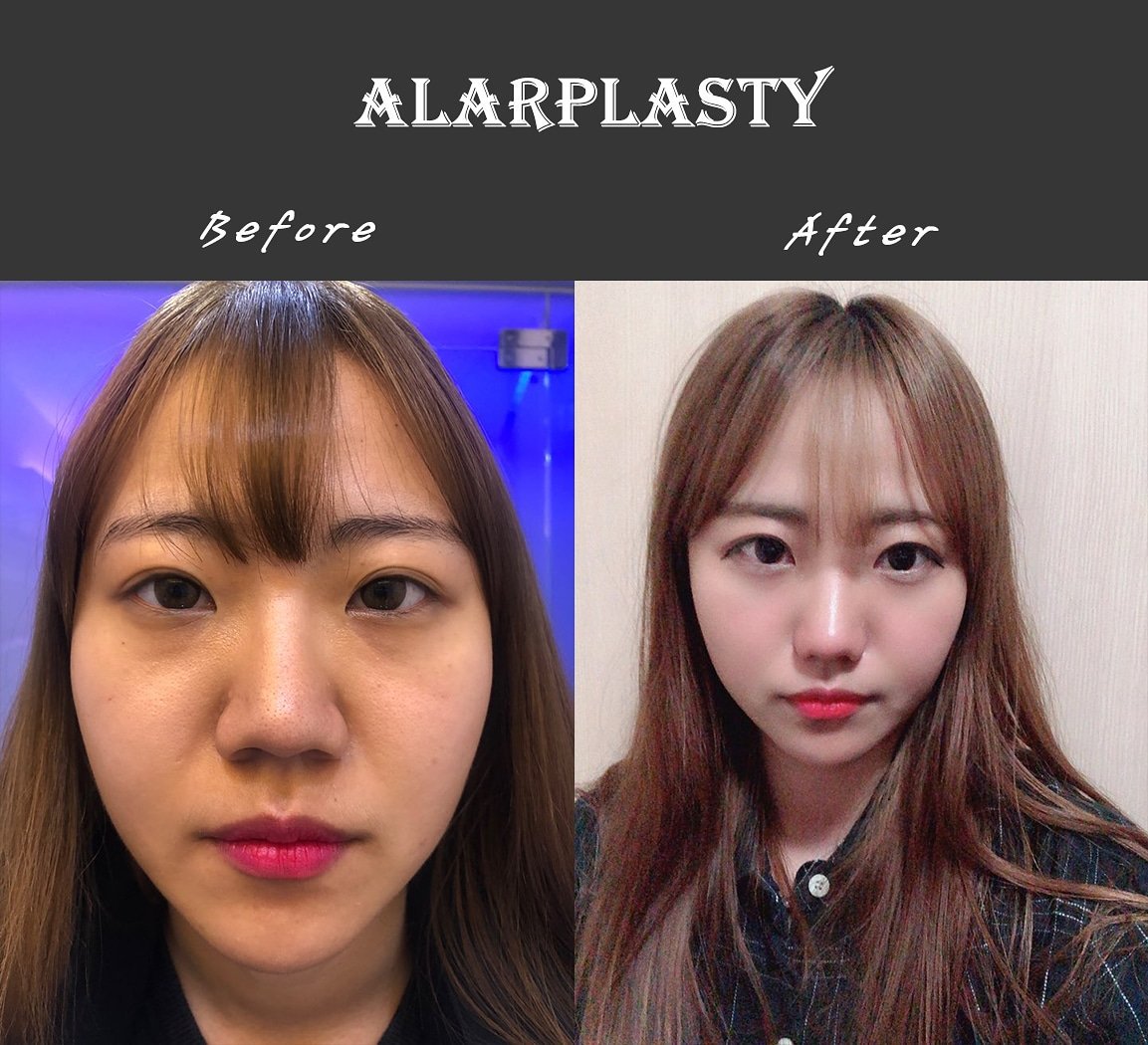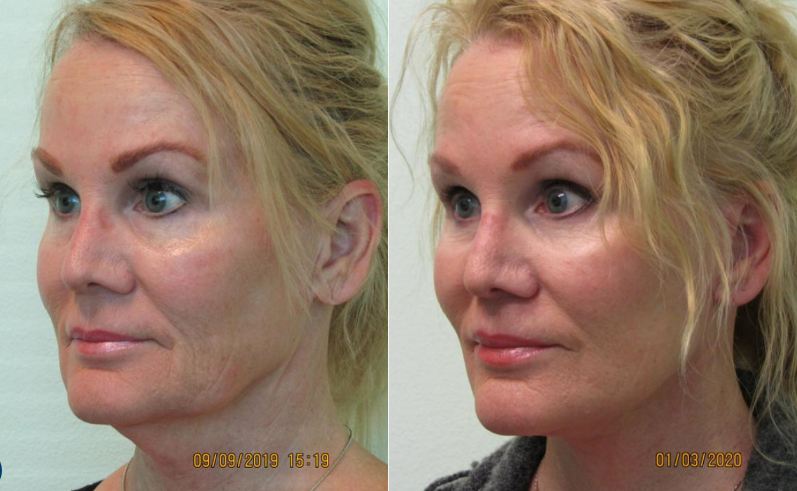
There are many treatment options for a deviated Septum. You can undergo surgery to correct this problem, or opt for a more conservative treatment option. Be sure to learn about the risks and advantages of surgery before making a decision. You may need to have your septum replaced in some cases.
Options for treatment
A deviated septum can make it difficult to breathe. This condition can be treated with a variety of treatments. These treatments can be used to relieve sinusitis symptoms and delay surgery. These treatments include decongestants. They are medications that reduce nasal swelling. They can be taken orally or applied to the nose with a spray.
A deviated septum can be treated without surgery if it's mild and causes no long-term complications. If it becomes severe enough to affect breathing, surgery may be necessary. If non-surgical treatment fails, ENT doctors (also known as otolaryngologists) will often recommend surgery.
There are many surgical options
A deviated Septum can be corrected by surgery. This will improve your ability to breathe and reduce congestion. There are two options: turbinate or valve reduction. Surgery can be performed to remove or improve your sinus function. If you are considering surgery, you should know the risks and benefits of this procedure.

Surgical procedures will not fix all deviated septums, but if the deviated septum is causing chronic congestion or is interfering with breathing, it may be time to seek surgical treatment. A deviated septum may make your nose look unnatural and can cause you to feel self-conscious about how your nose looks. Surgical procedures such as septoplasty can straighten the septum and correct other nasal structural abnormalities. Patients can return home that same day with minimal bruising or scarring.
Surgeon complications
Sinus infections can often be caused by a deviated Septum. These infections can cause inflammation and irritation of the nasal passages. They can also lead to infections in the eyes or brain. If left untreated they can spread to brain tissue, which can cause seizures or brain damage. Sometimes, surgery is required to correct the septum deviation.
There are a number of complications associated with surgery to correct a deviated septum. Even though the risks associated with such surgery are minimal, they can cause long-term problems. Symptoms can include bleeding, pain, and infection. Sometimes, patients will need consultation with a neurologist to address any complications.
Allergy treatment
A diagnosis of deviated septum is made by a doctor based on the symptoms and a physical examination of the nose and sinuses. A doctor will ask detailed questions about the symptoms and the patient's lifestyle to help determine the underlying cause of the symptoms. They may also perform a CT scan of the sinuses to determine the severity of the deviated septum.
In some cases, allergy treatment for deviated septum will help patients reduce the symptoms of the condition. It can reduce swelling and alleviate congestion. It will not fix the root problem.

Alternatives to Surgery
While surgery is the most common way to correct a deviated septum, there are also alternatives available. The best minimally invasive option to traditional surgery is endoscopic septoplasty. It allows for excellent visualization of bone or cartilage which allows the surgeons to pinpoint the cause.
The procedure corrects the septum's deviation by straightening the nasal septum, and then reinserting it into your nose. The surgeon may need to cut and then re-insert the septum in order to achieve the proper alignment. This will allow for better nasal airflow. Patients should know that this surgery is not permanent and that other conditions could make it worse.